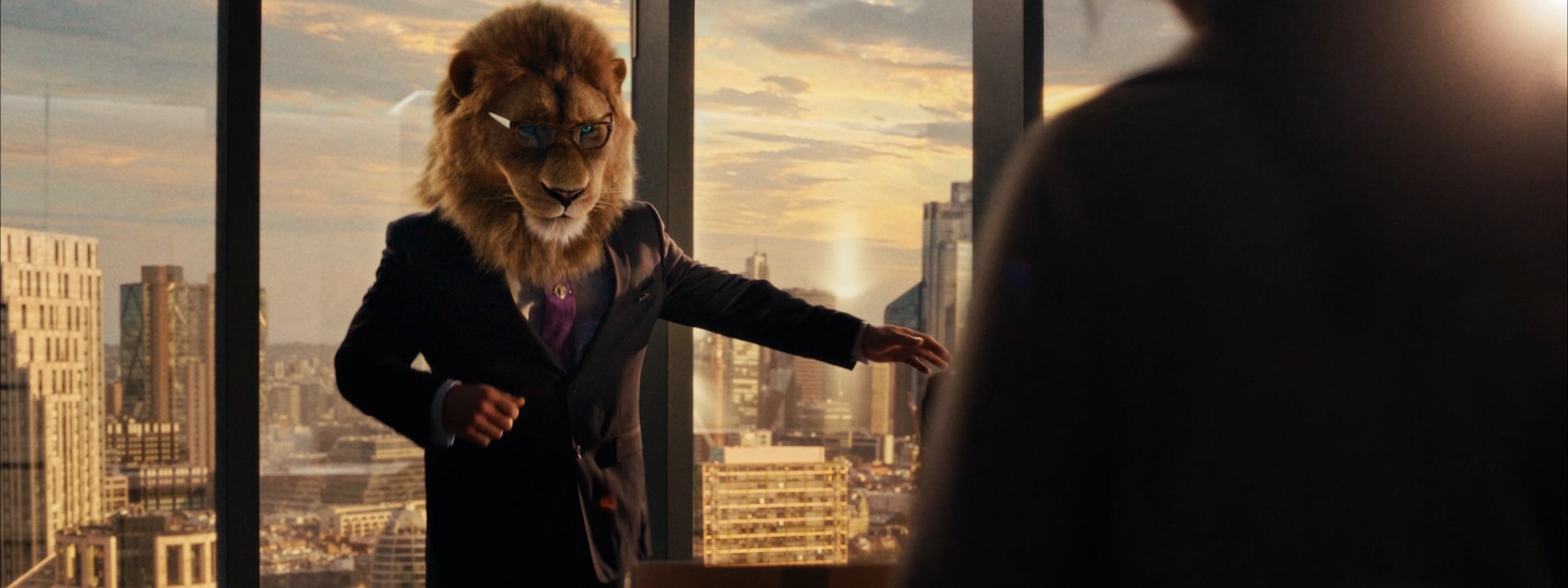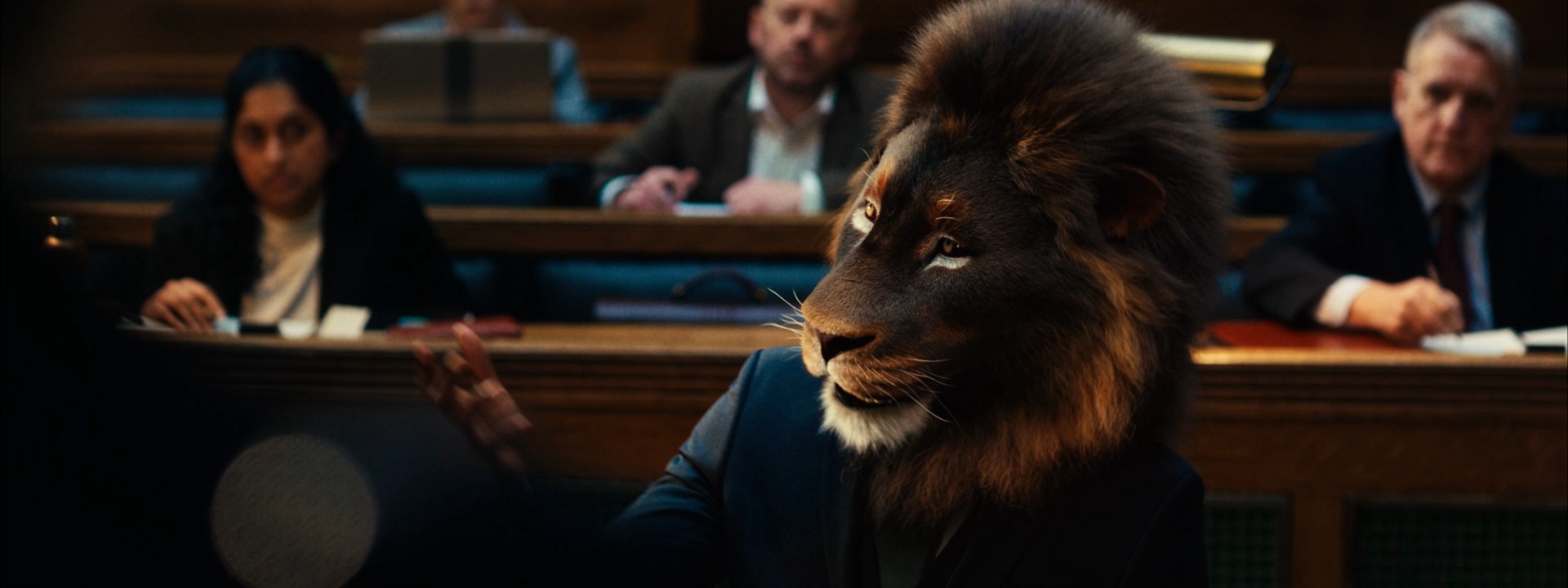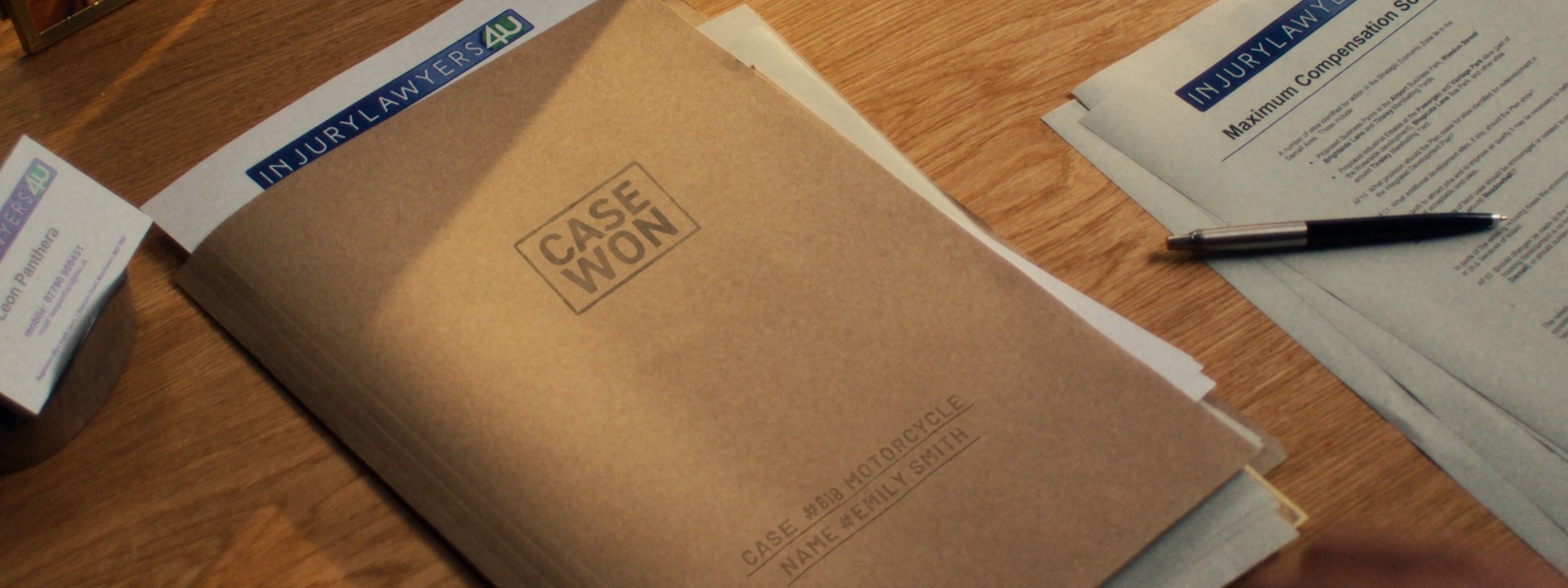Am I eligible to claim compensation for loss of sight?
Whether you have lost your eyesight or you’re reading this on another person’s behalf, if a person loses their sight as a result of another party’s negligent act or omission, that party could be liable to pay compensation for the damage done. Nobody anticipates being blinded in an accident that wasn’t their fault, and the impact of losing the ability to see, whether it’s temporary, permanent, partial or complete loss of sight, can be both devastating and life-changing.
Eyesight loss may come about through violence involving injuries to the eye area, any accident involving head trauma or a brain injury, accidents with sharp objects, machinery, or exposure to chemicals. Extremely bright lights can also sometimes cause blindness. If ignored or left untreated, minor eyesight problems can worsen with time, so it is essential to get any loss of vision checked out by a doctor as soon as possible.
Common causes of sight loss claims
You may be eligible to make a claim if the conditions in which you lost your eyesight were the responsibility of another individual or company. Here are a few common causes of sight loss that can lead to a personal injury compensation claim:
Loss of sight from assault
If you have been the victim of an assault that resulted in the loss of your eyesight, your attacker can be held responsible. Criminal injuries can lead to compensation claims through the Criminal Injuries Compensation Authority (CICA). This organisation is there to help victims of violent crimes claim compensation for their injuries.
Loss of sight from an accident at work
Accidents at work are a fairly common cause of sight loss. Employers have a legal duty under the Health and Safety at Work Act 1974 to provide a safe working environment for employees. This includes offering proper training that meets the demands and duties of the role, as well as providing suitable eye protection and other personal protective equipment (PPE) when necessary. If your employer failed to meet these safety standards, and it resulted in an accident that caused your sight loss, you may be able to claim compensation. This could be:
- Exposure to dangerous materials: Working with hazardous chemicals without proper eye protection can lead to serious eye injuries or blindness.
- Machinery accidents: Operating or being near machinery without proper safeguards can cause traumatic eye injuries.
Loss of sight from medical negligence
Medical negligence can also lead to loss of vision claims. For example, if your doctor fails to diagnose a degenerative eye condition in a timely manner, and this oversight leads to partial or total loss of vision, you may have grounds for a claim. The Bolam Test and the General Medical Council (GMC) guidelines are often used to determine if the standard of care provided was acceptable.
Loss of sight from exposure to chemicals
Exposure to harmful chemicals can cause severe eye damage and even blindness. Employers are required to follow the Control of Substances Hazardous to Health (COSHH) regulations to prevent such incidents. If these regulations are not followed and you suffer an eye injury as a result, you may be entitled to claim compensation.
Loss of sight from road traffic accidents
Severe head trauma from road traffic accidents can result in loss of vision. If another driver’s negligence caused the accident, you could claim compensation under the Road Traffic Act 1988.
Loss of sight from faulty products
In some cases, defective products, such as faulty safety glasses or malfunctioning machinery, can lead to eye injuries. Claims for these types of injuries can be made under the Consumer Protection Act 1987.
How much compensation can I claim for a loss of sight?
Losing your eyesight can be deeply upsetting, overwhelming, and difficult to cope with. You may have to make a lot of lifestyle changes. Staying at your job might no longer be feasible, looking after children or elderly parents will suddenly become a lot harder, and you will have to learn to interact with the world in a completely new way.
You will need time, help, and medical rehabilitation and support to come to terms with your new reality and compensation can provide a lifeline in this very stressful time. It can take the anxiety of money concerns and lost income away, leaving you to concentrate on what is most important, your recovery.
The compensation you could receive for loss of sight varies based on the severity and impact of the injury. The Judicial College Guidelines provide a range of compensation amounts for different types of eye injuries. Severe injury leading to total blindness can result in compensation up to £297,000. Total loss of sight in one eye can range from £40,300 to £48,200. For minor eye injuries, compensation can range from £2,900 to £6,400, while temporary loss of sight injuries can range from up to £2,900.
These figures are used as a reference to estimate how much you could claim in general damages. General damages strictly cover the pain, suffering, and loss of enjoyment of life as a direct result from your injury. Special damages cover financial losses and expenses you incur due to the injury. This includes medical expenses for immediate and ongoing treatments, rehabilitation, as well as any necessary adaptations to your home. You can also claim for loss of earnings if the injury affects your ability to work, both currently and in the future. Additionally, any costs related to the injury, such as travel expenses for medical appointments or the need for both professional and family care and assistance, are considered.
To receive an estimate of the compensation you might receive for general damages, use our compensation calculator.
To fully calculate the appropriate level of compensation for a loss of sight injury, expert legal advice is needed. At Injury Lawyers 4u, our experienced team can help you throughout the claims process, ensuring you receive the full compensation you’re entitled to. Contact us today to discuss your case and find out how we can assist you during this challenging time.
What evidence do I need to support my loss of sight compensation claim?
As we mentioned earlier, a successful claim means being able to prove that somebody else was at fault for your loss of sight. Here’s what we’ll need to know:
- The date, time, and specific location of the incident.
- Details of the incident, including your account of what happened and who you believe was at fault.
- Contact information of all parties involved, including any relevant insurance details.
- Any available accident or incident reports, such as those filed at work or in public places.
- Photos or videos from the scene. This could include photos taken by you or CCTV footage.
- Contact details for any witnesses who can corroborate your account of the events.
- Records of any medical treatment you received, including consultations, treatments, and diagnoses either from the scene, in hospital or at your doctor’s surgery
- Doctor’s reports that provide expert opinions on your condition, prognosis, and the cause of your injury.
- Employment records showing your earnings before and after the injury to help calculate any financial impact.
- Receipts and bills related to your injury, such as medical expenses, travel costs for treatment, and other out-of-pocket expenses.
- A personal diary documenting your symptoms, treatments, and how the injury has affected your daily life.
If you’re unable to gather all this information on your own, don’t worry. At Injury Lawyers 4u, our experienced legal team can assist you in collecting and organising the evidence needed to support your claim.
What are the time limits for making a loss of sight claim?
Typically, those beginning a claim for personal injury resulting in loss of sight have three years either from the date of the incident or from the date the related injury was first diagnosed to start a claim. However, there are some exceptions:
- If the injured person suffers from a mental incapacity that prevents them from managing their own affairs, the three-year limit is waived.
- For children under the age of 18 who suffer a loss of sight, there is no time limit for parents to claim on their behalf. However, once they turn 18, they will have three years to pursue any personal injury claim themselves.
Regardless of the time limit, starting a claim as soon as possible is the best course of action. It allows your legal team to gather as much evidence as possible while it’s still fresh, and while witness statements are most accurate.
Talk to us
Most people choose our no win no fee arrangement when taking on our services as this reduces their personal risk. Our solicitors are approachable, intelligent and have a wealth of experience in both mediation and litigation proceedings. Call us on 0333 400 4445 to discuss your situation or fill in our contact form and we will come back to you as soon as possible.




